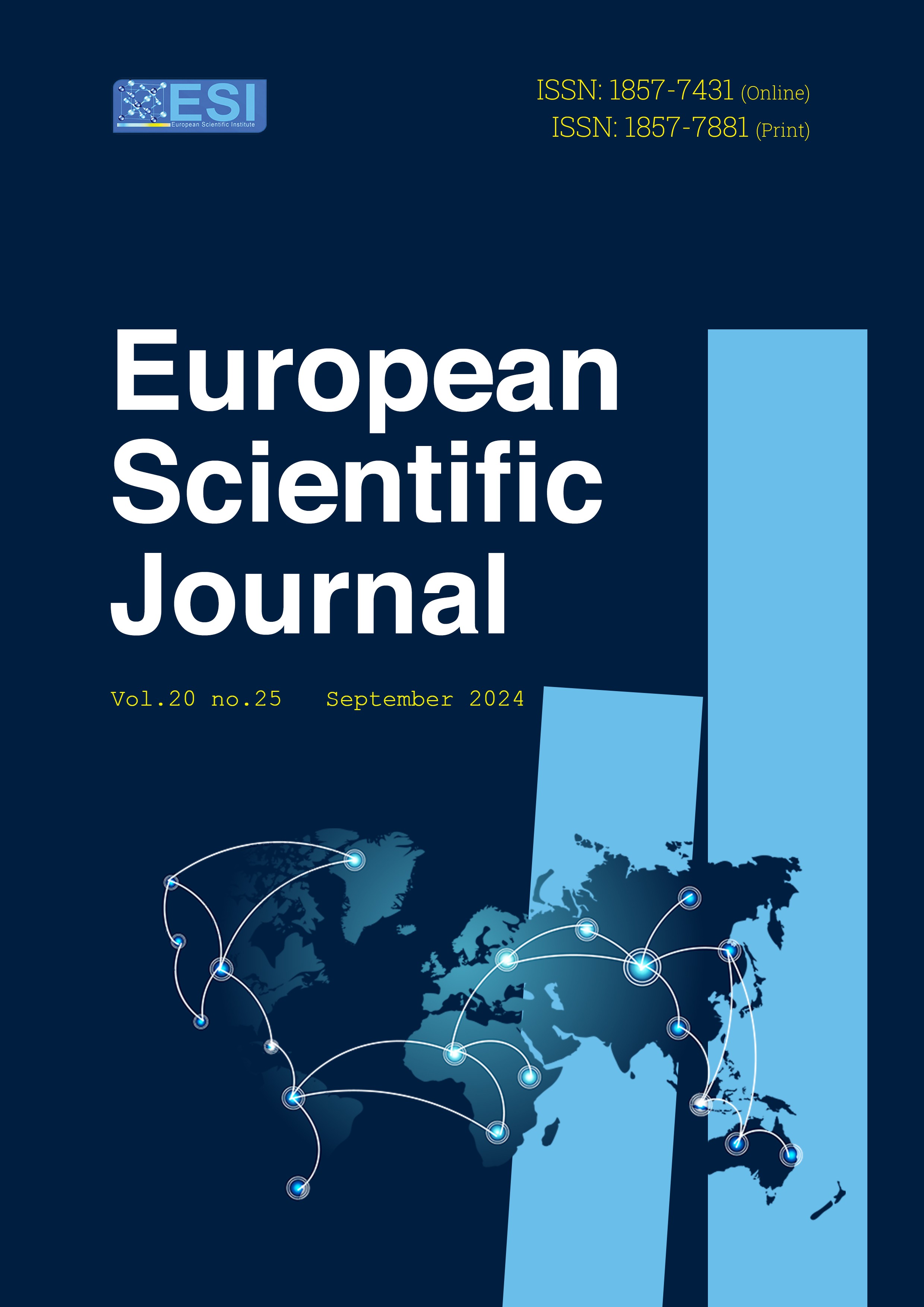Philanthropy: A Customary Practice to Meet Donor Expectations Lesson from Islamic NPOs in Indonesia
Abstract
Philanthropy is a form of altruism that comprises private initiatives that enhance the public good. Throughout history, benevolence or voluntary contributions have appeared in numerous shapes and objectives, representing the economic and political framework of the time and various motivations. Non-profit organizations (NPOs) in Indonesia have undergone tremendous transformations, evolving to be more modern and professional. They determine market segments, manage donor networks, formulate fundraising strategies, and construct appropriate, impactful, and beneficial programs with the organization's system and human capital. Aside from that, Islamic NPOs have become more strategic and able to preserve a clear vision and mission. They have also established organizational structures, appointed qualified leaders, and designed long-term, medium-term, and short-term activity plans and budgets. Moreover, they have appointed program supervisors and assessed the effectiveness and efficiency of their plans. This research aims to investigate the broad issues confronting Islamic charity in Indonesia as it evolves towards a strategic institution. This study adopted qualitative methodologies to discover comprehensive explanations for the occurrences studied. In-depth semi-structured interviews with an array of practitioners and academics were employed to gather data. This study found that a great deal of effort is required to improve the capabilities of Islamic NPOs in terms of good governance, system strengthening, cultural internalization, public openness, and accountability. Such aspects are important for establishing effective intermediary organizations that meet donor expectations. Therefore, Islamic NPOs must accelerate capacity building by enhancing each aspect of the organization to sustainably impact its beneficiaries positively.
Downloads
PlumX Statistics
References
2. About Us. (2024, April). Retrieved from Baznas Web site: https://www.baznas.go.id
3. Aviv, D., et al. (2015). Principles for Good Governance and Ethical Practice: A Guide for Charities and Foundations. Washington DC: USA: Independent Sector.
4. Beik, I., & Arsyianti, L. (2015). Contruction of CIBEST Model as Measurement of Poverty and Welfare Indices From Islamic Perspective. Al Iqtishad Vol. VII.
5. Grantmakers for Effective Organizations (GEO). (2021). Reimagining capacity building: Navigating culture, system and power.
6. Gripper, R., & Joy, I. (2016). What Makes A Good Charity? NPC
7. Harlock, J. (2013). Impact measurement practice in the UK third sector: a review of emerging evidence. Third Sector Research Centre: Working paper 106.
8. Heady, L. and Keen, S. (2010) Social Return on Investment for funders, London: New Philanthropy Capital
9. Home: The 17 Goals. (2024, April). Retrieved from UN: Department of Economic and Social Affairs, Sustainable Development: https://sdgs.un.org
10. Jusuf, C. (2007). Filantropi modern untuk pembangunan sosial. Jurnal Penelitian dan Pengembangan Kesejahteraan Sosial Vol. 12/1, 74-80.
11. Juwaini, A. (2023, October). Homework for Islamic NPOs in Indoensia (Regulation). (M. A. Rejosumarto, Interviewer)
12. Kail, A., & Lumley, T. (2012). Theory of change: The beginning of making a difference. New Philanthropy Capital (NPC).
13. Kaplan, R. S., & Norton, D. P. (2004). Strategy maps: converting intangible assets into tangible outcomes. Boston, MA: USA: Harvard Business School.
14. Kieting, V., & Thrandardottir, E. (2018). Building Trust in NGOs. ResearcGate.
15. Lyon, F. (2010). Measuring the value of social and community impact : the role of social enterprises in public services. In P. Hunter , Social enterprise for public service: how does the third sector deliver? London: UK: The Smith Institute.
16. Mair, J., Mayer, J., & Lutz, E. (2015). Navigating institutional plurality: Organizational governance in hybrid organizations. Organization Studies 36(6), 713–739.
17. McDaniel, S. D. (2020). Structuring Impactful Philanthropy. Greystone Consulting.
18. Menkes, M. R. (2021). Porter and Kramer’s (2006) “Shared Value”. In Encyclopedia of Sustainable Management. Berlin: Springer.
19. Mintarti, N. (2023, September). Strategic and Impactful Islamic NPOs. (M. A. Rejosumarto, Interviewer)
20. Putra, P. H. (2023, September). Strategic and Impactful NPOs (Dompet Dhuafa). (M. A. Rejosumarto, Interviewer)
21. Renz, D. O., Brown, W. A., & Andersson, F. O. (Eds.). (2024). The Jossey-Bass handbook of nonprofit leadership and management. John Wiley & Sons.
22. Rosidin, F. (2023, September). Homework for islamic NPOs in Indonesia (Research and Training). (M. A. Rejosumarto, Interviewer)
23. Siswantoro, D. (2023, September). Homework for Islamic NPOs in Indonesia. (M. A. Rejosumarto, Interviewer)
24. Suprihartanti, R. (2023, September). Stretegic and Impactful NPOs (Baznas). (M. A. Rejosumarto, Interviewer)
25. Syukur, S. (2023, September). Accountability and Transparency in Reporting. (M. A. Rejosumarto, Interviewer)
26. Wahyuni, S. (2012). Qualitative research Method : Theory and Practice. Jakarta: Salemba Empat.
27. Walker, E., & Ahmed, F. Z. (2007). What Do Non-Governmental Organization Do? Forthcoming: Journal of Economic Perspectives.
28. Zhang, Y., Pinkse, J., & McMeekin, A. (2024). Hybrid governance of digital platforms: Exploring complementarities and tensions in the governance of peer relationships. Strategic Organization , 1-32.
Copyright (c) 2024 Muji Astuti Rejosumarto, Mehmet Bulut

This work is licensed under a Creative Commons Attribution 4.0 International License.








